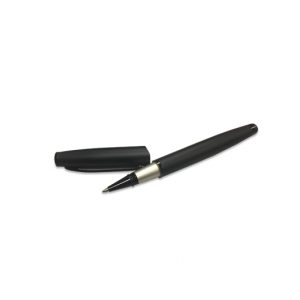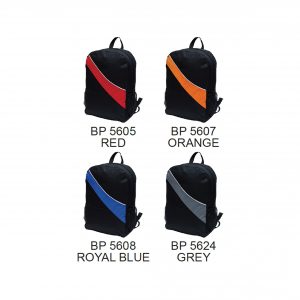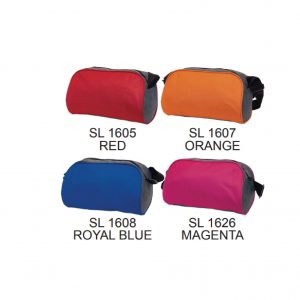In our previous blog post, we have discussed how COVID-19 has affected businesses in Singapore and focused on how corporate gift companies are adversely affected by their clients’ budget cuts and the cancellation of events, all of which lead to a significant drop in the demand for corporate gifts and related marketing products. In this week’s post, we will discuss how certain corporate gift companies have reacted to COVID-19 in order to protect themselves from the drop in demand and decline in revenue. With the economy slowed to a near halt and with no sign of a pickup in sight, it is imperative that all businesses take measures to secure sales as much as possible and protect themselves from overly significant damage.

The first and most obvious way for corporate gift companies to sustain their profitability is to cut costs. Obviously, this method is applicable to all other businesses in other industries as well. Unfortunately, the easiest and most effective way of cutting costs is to reduce the expenditure on employee salary through retrenchment, forced unpaid leave or a direct reduction in salary. This is because wages paid to employees directly account for a significant portion of companies’ running costs. Reducing wage expenditure will lead to an immediate improvement in cash flow and reduce the strain on companies during this period by putting less pressure on companies to hit certain revenue targets in order to maintain their bottom lines. Despite the fact that this method of cutting cost makes the most economic sense, it has been met with mixed responses from the market in general, as many employers are not comfortable with the idea of endangering the livelihood of their employees. Some of the employers and company owners have explicitly stated that some of their employees have been working in the company for a very long time and dedicated much effort into helping the company grow and make profits during good times. As such, reducing their salaries during this economic downturn and passing on the burden of reduced profitability onto these loyal employees is absolutely unacceptable to them. These employers would much rather shoulder the burden of reduced profits themselves and weather the storm in the hopes that said storm would pass before their resources dry up. On the flip side, some other companies have reduced employee salaries or made the employees take unpaid leave, as they are unable to afford the sheer amount of wage expenditure as they have been more badly affected by reduced revenues.
The second way by which corporate gift companies have reacted to COVID-19 is to pivot away from selling traditional gift items and instead turn toward selling items which are more sought-after in the current circumstances of the global pandemic. Examples of such items include disposable face masks, reusable face masks, hand sanitizers and antiseptic wet wipes. In the first few weeks following the global outbreak of the pandemic, there was a scramble to secure stocks of these items, particularly disposable face masks, as there was a huge surge in demand from companies which could operate during the pandemic but had to ensure that their employees were properly protected. The prices of disposable face masks peaked during this period in the face of the explosive surge in demand and the fact that the rate at which new face masks could be produced was limited. Eventually, as companies around the world began to search for more cost effective and sustainable ways to procure face masks, the certain portion of the demand for face masks swung away from the disposable masks, in favour of reusable masks made of cotton or microfibre, which were more environmentally-friendly and cost effective, given that they could be used more than once. By securing stocks of such items and selling them to other business entities which required these products, many corporate gift companies were able to maintain some level of profitability in the otherwise abysmal market conditions.
The third method of reacting to the COVID-19 pandemic is less of a direct method to protecting profitability and more of planning for the future. In the face of slowing business, some corporate gift companies have taken the opportunity to do internal restructuring and back-end improvements in order to ensure that the company is running as effectively as possible. The reduction of sales frees up time and resources that have previously been fully channeled into sales activities and allows the companies to focus more on these improvements. Through these methods, the companies are able to build up internal capacity to serve more customers once the economy improves after the pandemic has subsided. The streamlining of processes and the elimination of operating inefficiencies will also help to improve profit margins once the companies’ revenue have been restored to pre-COVID-19 levels.












0 Comment